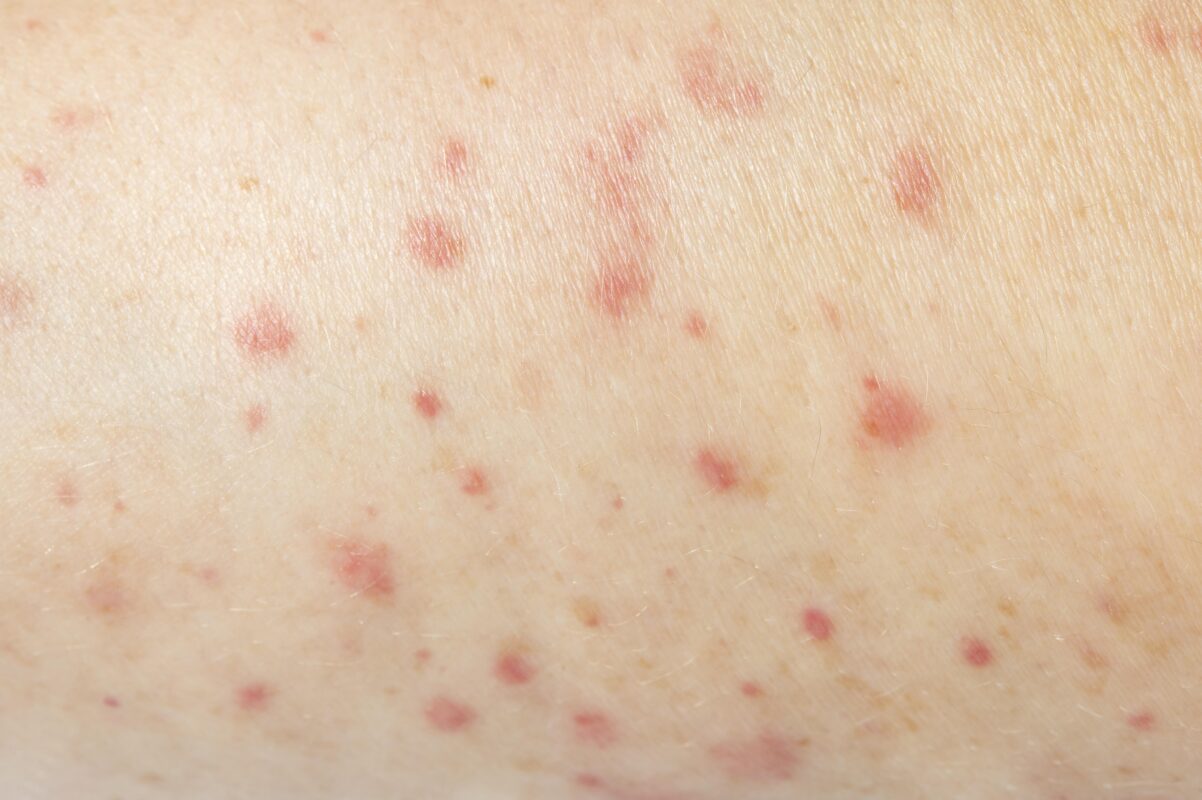Health
How Psoriasis Spread? Facts, Causes, Triggers, and more
Many assume scaly, thick, red patches or psoriasis on the skin contagious and think they might get it from the person or transmit it to others. Some are concerned about if this rash spreads onto other body parts of the body.
Let’s find the answer.
Does Psoriasis Spread?
Psoriasis is a common skin condition, however, it isn’t contagious. That means you can’t get it from another person or transfer it to them.
However, Psoriasis can spread from one body part to another, but it does not spread by touching the infected part. This itchy rash can increase in size or spread on your skin because of an immune system problem.
How Psoriasis Spread?
As we mentioned earlier, psoriasis doesn’t spread from one individual to another but can spread to different areas of the body.
Psoriasis is an autoimmune disease in which an immune system attacks the body’s skin cells, causing them to grow and die too fast and resulting in inflamed rashes on the skin. If you see a new patch appearing at a different location on your body, it’s not because you touched your elbow to the plaque on your arm. It means your immune system dysfunction is in high gear.
How Psoriasis Appear on Your Body?
Psoriasis can appear in various forms on your body, depending on different types.
- Guttate psoriasis ﹘ These small pink scaly patches spread quickly along the legs, arms, and torso. Some people also develop these bumps on the face and scalp.
- Plaque psoriasis ﹘ In this type, scaly, raised rashes develop everywhere on your body’s skin, mostly on the scalp, elbows, and knees.
- Inverse psoriasis ﹘ These red patches crop up in the body’s folds such as buts, groin, and armpits.
- Erythrodermic psoriasis ﹘ This is the most severe psoriasis type in which bright red patches, looking similar to burns, grow over the whole body. A person who gets erythrodermic psoriasis can face uncontrollable shivering and ankle swelling. This type is quite rare but can be fatal.
What Can Trigger a Psoriasis Flare-up?
Research suggests that psoriasis can happen to anybody, even if you have no family history of this autoimmune disease. However, psoriasis often occurs due to genetic and environmental triggers.
Here are some common triggers that can cause psoriasis:
- Smoking
- Stress
- Dry air (it could be due to weather or from the heater)
- Deficiency of vitamin D
- Certain medications, such as medicines for high blood pressure or malaria
- Consumption of alcohol
- Skin injuries like a bug bite, cut, or sunburn
- Obesity
- Body infections like strep throat
Take Away
We have briefly discussed when and how psoriasis spread and on which body parts does it spread. Psoriasis is a non-contagious autoimmune disease that can only spread from one body part to another but can not transmit from one person to another. However, it can become bigger and spread all over the body due to possible triggers.

